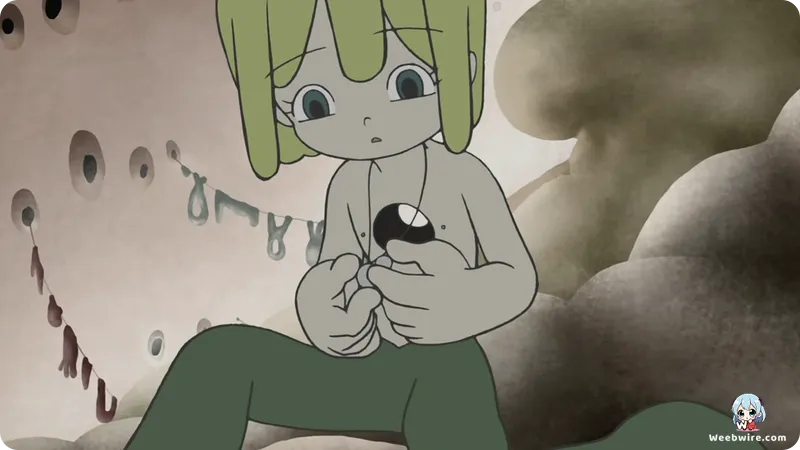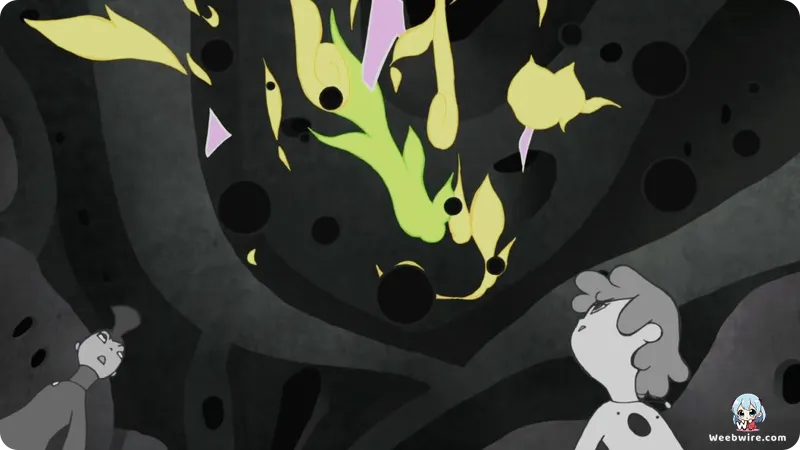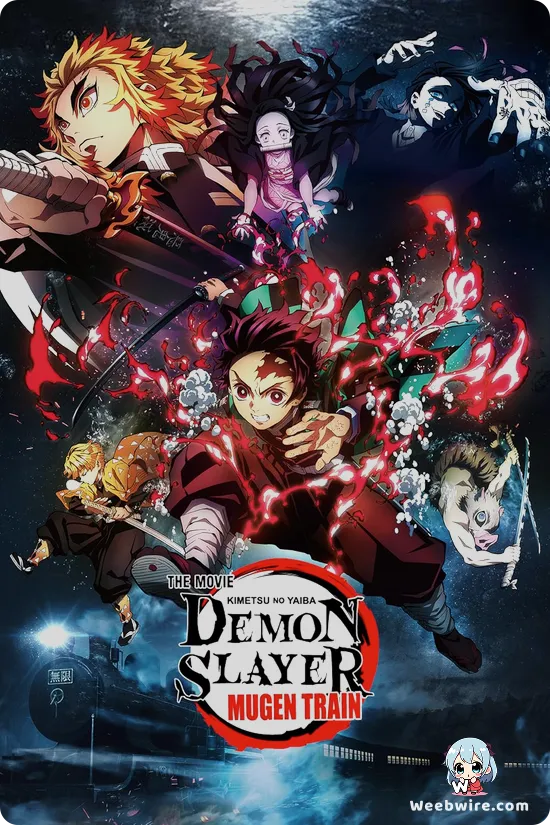Masaaki Yuasa's 'Kaiba': A Visionary Dive Into Identity, Memory, and Dystopian Futures

Masaaki Yuasa's 2008 masterpiece, Kaiba, remains a beacon of audacious artistic vision and profound philosophical depth in the anime landscape. This compelling series continues to resonate with viewers, blending surreal visuals with an intricate narrative that challenges perceptions long after its initial broadcast.
Yuasa's Distinctive Animation Style
Yuasa's signature animation is central to Kaiba's power. Eschewing mainstream anime's hyper-realistic designs, Kaiba embraces a deliberately simplistic, almost childlike aesthetic, evoking vintage animation. Characters, with minimal detail, large expressive eyes, and basic shapes, surprisingly convey immense emotional depth and visual metaphor. This stark contrast between innocent visuals and grim realities creates a powerful, unsettling experience, allowing the series to tackle profound, often bleak themes without alienation.
A World of Profound Philosophical Inquiry
The series excels in intricate world-building and philosophical inquiry. Set in a dystopian future where bodies are interchangeable and memories are commodities, Kaiba immediately plunges viewers into ethical dilemmas. It probes the essence of identity: what defines a person when bodies are vessels and memories are marketable? The amnesiac protagonist, Kaiba, marked by a chest wound and a mysterious pendant, journeys through this fragmented society. His quest for identity uncovers truths about a world grappling with the profound consequences of immortality and fragmented selfhood, meticulously redefining love, loss, and personal identity. Each episode presents a new facet of this complex world, often focusing on individual stories that highlight the economic disparities and moral quandaries arising from the memory-transfer technology.

Emotional depth is masterfully conveyed through Kaiba’s minimalist aesthetic. Despite simple designs, the series powerfully communicates the full spectrum of human emotion—joy, despair, hope—through subtle expressions, body language, and environmental cues. Kaiba's journey, witnessing both tragedy and fleeting happiness, is profoundly moving, exploring human connection and the search for meaning in a harsh yet sensitive manner. Kiyoshi Yoshida’s melancholic and ethereal soundtrack further enhances Kaiba’s unique identity, perfectly complementing its mysterious, sorrowful tone and immersing viewers deeper into its desolate yet beautiful world.
Kaiba's Enduring Legacy
Though perhaps not as widely known as some mainstream hits, Kaiba has earned significant critical acclaim and a devoted following among anime connoisseurs. Lauded as a hidden gem and a prime example of animation as a serious art form, its status as an original project allowed Yuasa and Studio MADHOUSE unparalleled creative freedom. For those desiring an anime that challenges conventions, stimulates intellectual curiosity, and delivers a deeply resonant experience, Kaiba is an essential watch, a testament to animation's artistic potential.
Credits
Kaiba
Author
Masaaki Yuasa
Cover Art
Masaaki Yuasa
Studio
MADHOUSE
Publisher
WOWOW, VAP, Madhouse, D.N. Dream Partners
Producers





